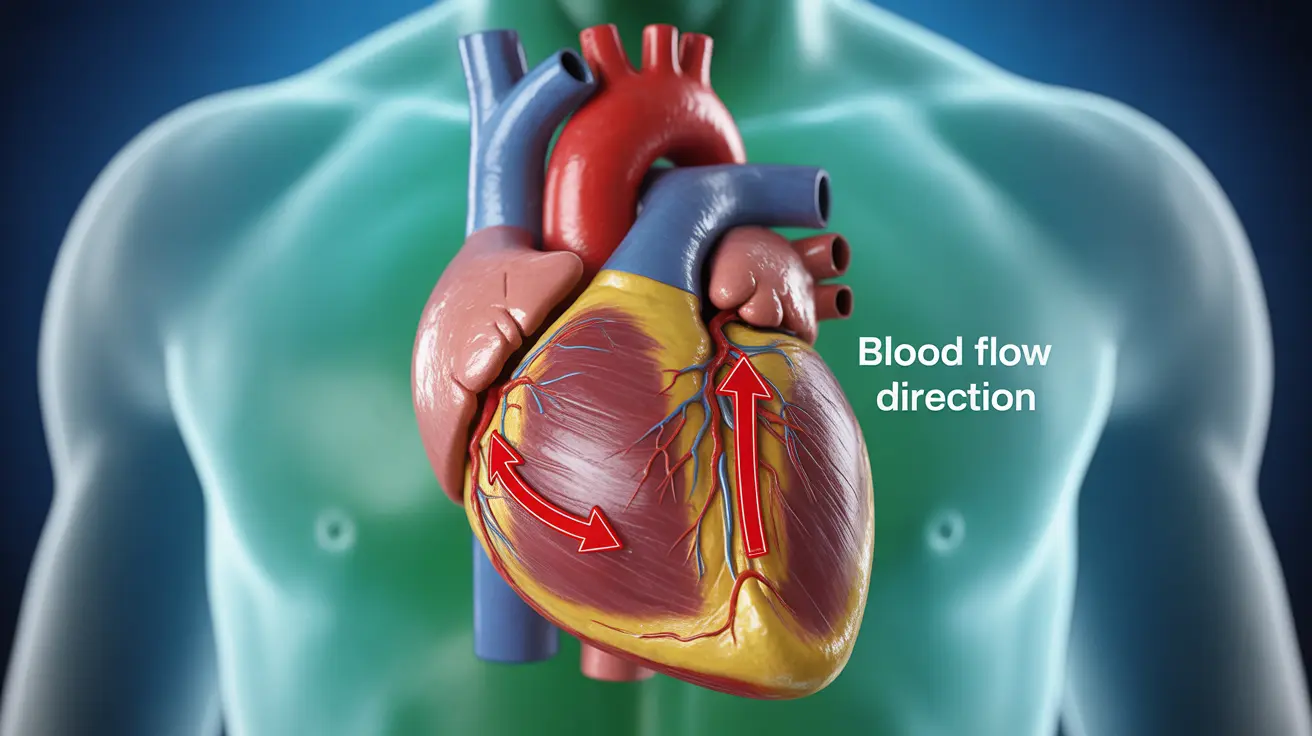Tricuspid regurgitation, a heart valve condition where blood flows backward through the tricuspid valve, can significantly impact a person's health and longevity. Understanding the life expectancy associated with this condition is crucial for patients and their families, as it helps in making informed decisions about treatment and lifestyle modifications.
The prognosis and life expectancy for individuals with tricuspid regurgitation can vary considerably depending on several factors, including the severity of the condition, underlying causes, and overall health status. This comprehensive guide will explore the various aspects that influence survival rates and quality of life for those affected by tricuspid regurgitation.
Factors Affecting Life Expectancy
Several key factors influence the life expectancy of individuals with tricuspid regurgitation:
Severity of the Condition
The degree of valve dysfunction plays a crucial role in determining outcomes. Mild cases may have minimal impact on life expectancy, while severe cases can significantly affect survival rates if left untreated.
Underlying Causes
The root cause of tricuspid regurgitation greatly influences prognosis. Primary tricuspid regurgitation (caused by direct valve problems) may have different outcomes compared to secondary cases resulting from other heart conditions.
Overall Health Status
Existing health conditions, age, and general cardiovascular health can impact life expectancy. Patients with multiple comorbidities may face greater challenges and reduced survival rates.
Signs of Severe Tricuspid Regurgitation
Recognizing the progression of tricuspid regurgitation is essential for timely intervention. Key indicators include:
- Severe fatigue and weakness
- Shortness of breath, especially during physical activity
- Swelling in the legs, ankles, and abdomen
- Irregular heartbeat or palpitations
- Decreased exercise tolerance
- Enlarged liver and neck veins
Treatment Options and Impact on Survival
Modern medical interventions can significantly improve life expectancy for many patients with tricuspid regurgitation. Treatment approaches include:
Medical Management
Medications to manage symptoms and underlying conditions can help maintain quality of life and potentially extend survival in some cases.
Surgical Intervention
Valve repair or replacement surgery may significantly improve life expectancy, particularly in severe cases where intervention is deemed appropriate.
Lifestyle Modifications
Dietary changes, exercise recommendations, and other lifestyle adjustments can support better outcomes and enhanced quality of life.
Prevention and Risk Management
Understanding and managing risk factors can help prevent progression of tricuspid regurgitation:
- Regular cardiovascular check-ups
- Management of underlying heart conditions
- Blood pressure control
- Healthy lifestyle choices
- Proper medication adherence
Frequently Asked Questions
What is the life expectancy for someone diagnosed with severe tricuspid regurgitation? Life expectancy varies significantly based on severity, treatment approach, and underlying conditions. With appropriate medical management or surgical intervention, many patients can achieve favorable outcomes. However, severe untreated cases may have reduced life expectancy.
What symptoms indicate that tricuspid regurgitation is becoming severe or life-threatening? Key warning signs include severe shortness of breath, significant swelling in the legs and abdomen, extreme fatigue, chest pain, and irregular heartbeat. These symptoms require immediate medical attention.
How is tricuspid regurgitation treated, and can surgery improve life expectancy? Treatment options include medications, lifestyle modifications, and surgical interventions. Surgery, when appropriate, can significantly improve life expectancy and quality of life, particularly in severe cases.
What are the common causes and risk factors for developing tricuspid regurgitation? Common causes include heart conditions affecting the right ventricle, pulmonary hypertension, previous heart attacks, congenital heart defects, and certain medications. Risk factors include age, other heart conditions, and certain medical procedures.
How does the stage or severity of tricuspid regurgitation affect survival and quality of life? The severity directly impacts prognosis and quality of life. Mild cases may have minimal impact, while moderate to severe cases can significantly affect daily activities and long-term survival if not properly managed.




